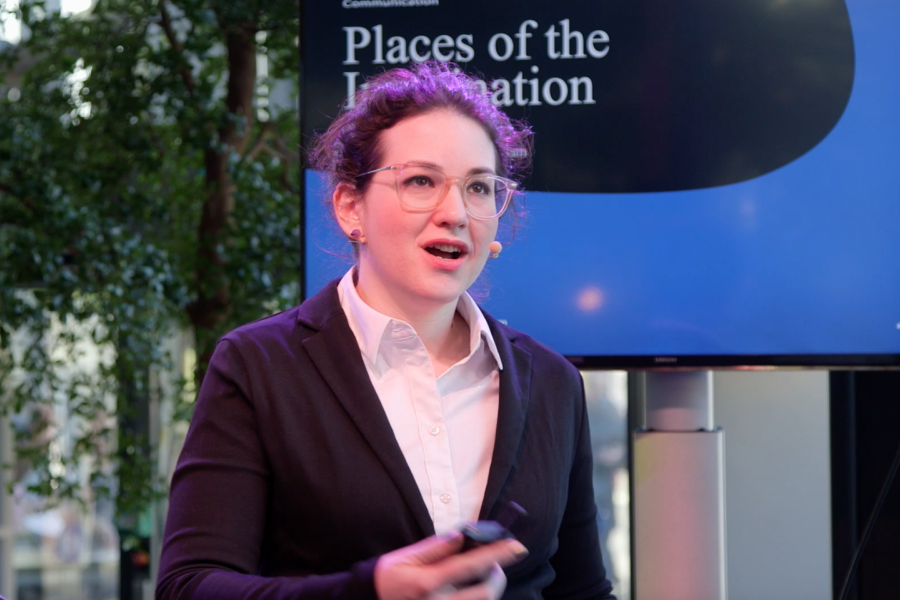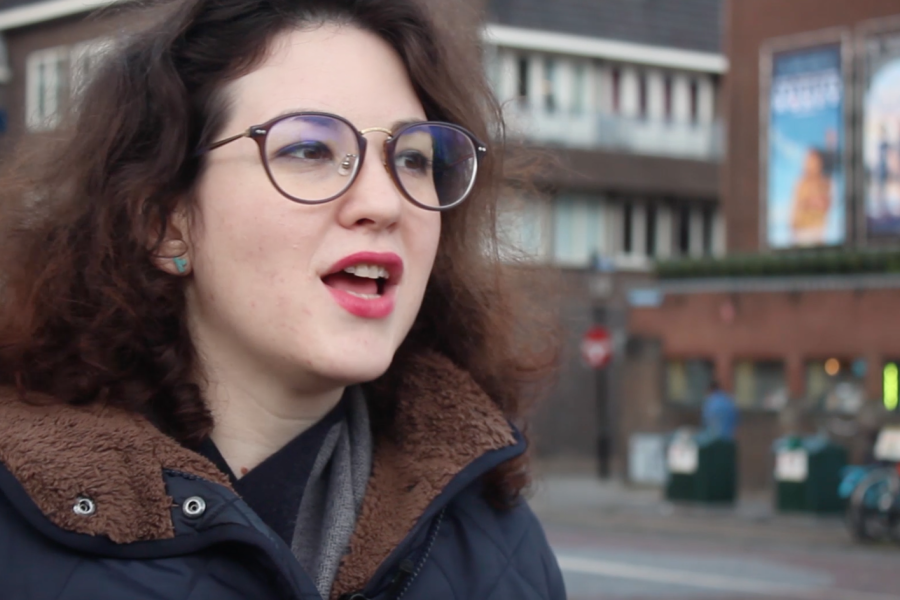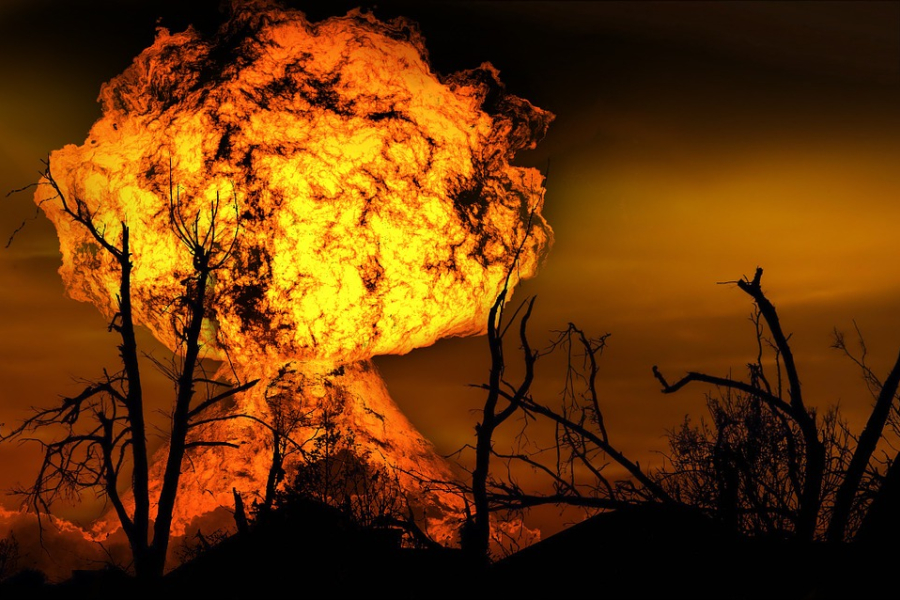Off-screen, on site: making it real

Travelling to locations from famous films and shows is becoming popular. Fans like to eat a sandwich at Katz Deli in New York just like Meg Ryan did, stroll through the stunning landscape of Hobbiton in New-Zealand, or visit a battle ground from Game of Thrones in Dubrovnik. In the second lecture of Pop Culture Matters cultural scholar Abby Waysdorf discusses the phenomenon of media tourism. What is the appeal? Doesn't it break the spell of your favourite fiction? Waysdorf explains that investigating these questions gives us an insight into what different people consider to be real and how we connect to narratives. It's really a fan thing, but for how long? Slowly but steadily, people in the tourism, marketing and media industry have discovered how they can make a lot of money with it.
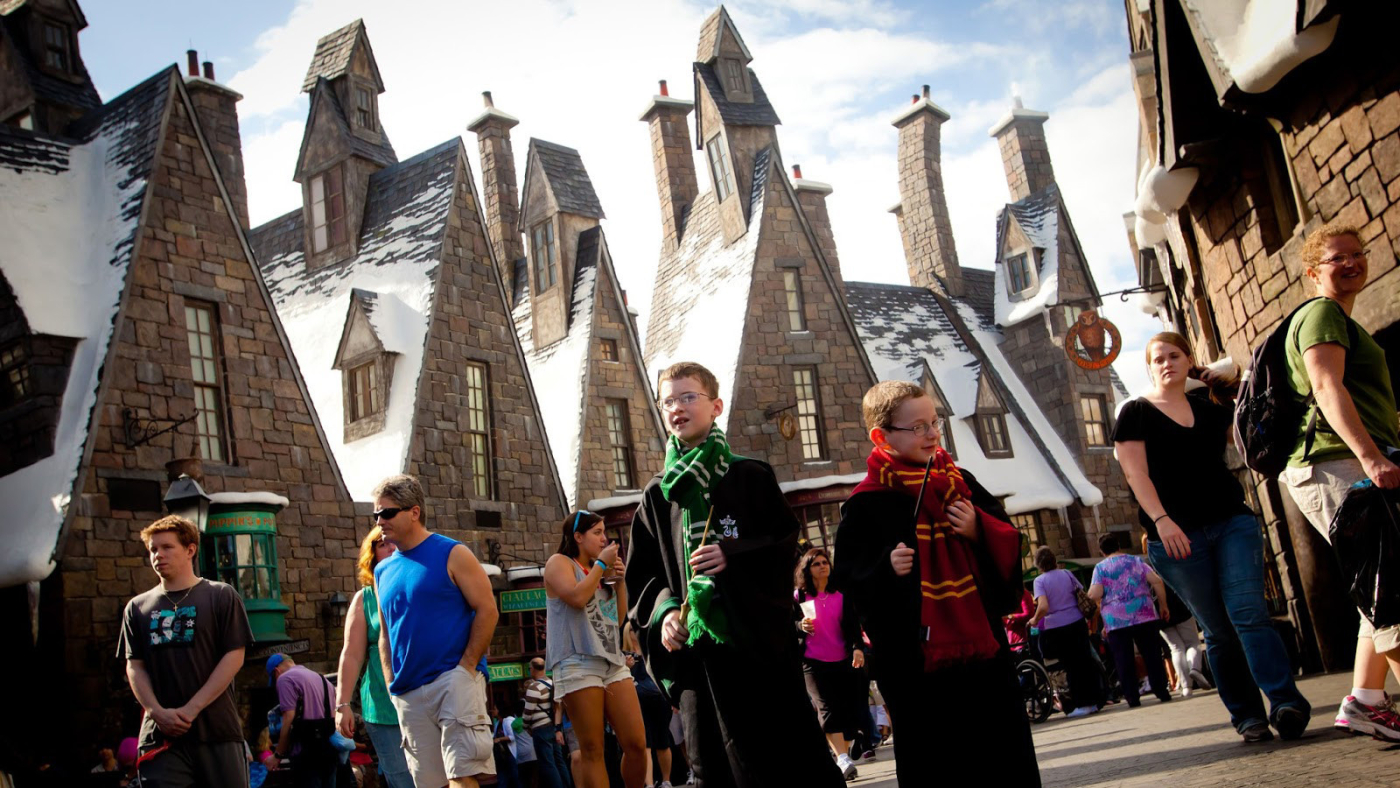
Fandom
When you study media tourism, you inevitably study fans. There are different ways in which we can talk about fandom: seeing it either as part of someone's identity, or as nothing but a hobby. However, Waysdorf feels the broadest conceptualisation of 'fandom' would be the best. That is, to define fandom as an "emotional involvement with fictional characters when consuming a given, popular narrative of text". She sees fandom as a part of life in general because fans engage in culture. In this way, the concept is broad enough to encompass all fans, including both the hobbyist (an occasional Netflix binge-watcher) and the diehard (people dressing up, discussing online and going to meet-ups).
A movie, TV show or book becomes meaningful when we can identify with it, when it speaks to us and when we care. Fiction presents us with certain values and helps us in making sense of the world. Sometimes the fictional world overlaps with the real world. When you're an avid Harry Potter reader you might think about which house you belong to. Or the Game of Thrones equivalent of this: which family suits you most, Baratheon or Lannister? Waysdorf stresses the emotional involvement fans feel in the case of tv-shows: people see the characters over a longer period of time, they get to know them. Viewers come to know the place 'where it happens', and characters start to feel real. They become part of the lives of viewers. It might be the reason why some fans take it up a notch by visiting conventions dressed up as their favourite character, buying merchandise and especially, by engaging in film tourism. Thereby blurring the lines between fiction and reality.
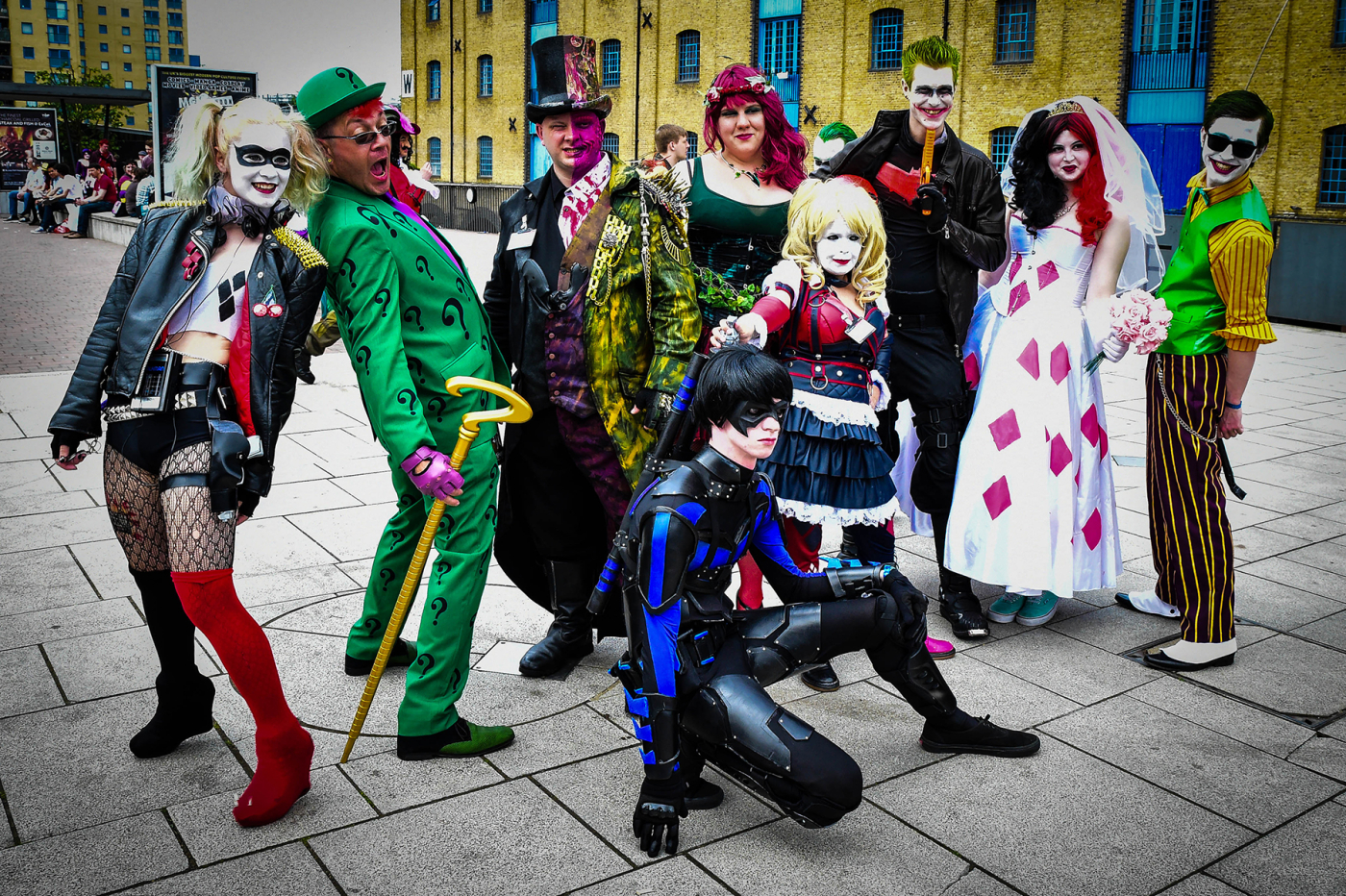
Playing with 'realness'
Even though it may feel as if fictional characters and locations are real, we know they do not exist in the actual 'physical' world. Waysdorf articulates this paradox between reality and fantasy as a mediated kind of real. This means that, although we have a sense of the difference between fiction and physical reality, our reality is shaped by stories and we find it fun to play with the boundaries between real and unreal. Waysdorf claims that 'realness' is inextricably connected to fiction. For example, when you go to Dubrovnik to visit some of the locations where Game of Thrones(GoT) was filmed, the actual context of the location such as its history and connections with social or political happenings, how the location was found and why it was selected, adds to the fictional experience and vice versa. Places of films and shows generate more emotions than any other touristic location, because the fan already feels involved with the lives of the characters who live there: these places matter to people. An abandoned hotel in Dubrovnik is fun, but it gets another dimension when you know that a key scene of GoT was filmed there. An average suburban house at 308 Negra Arroyo Lane, Albuquerque, New Mexico, became a must-see on many people's list. Why? Because Walter White from Breaking Badlives there. Fans love it, the people who actually live there - not so much. But it shows the power of the pop culture narrative and how it touches people's lives.
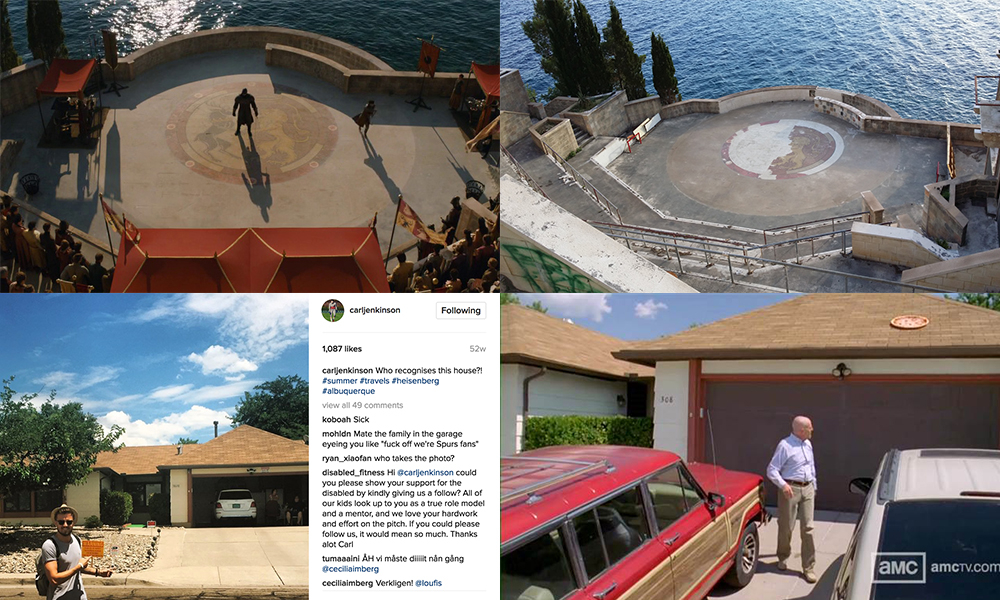
Seriously fun?
So, playing with realness is fun. However, there is serious business involved. Waysdorf says that film tourism can be seen as a 'grassroot'-movement, in which fans take control. The fans decide what series they like, and in accordance what locations become popular. The media industry can only respond to that. And even if media try to take advantage of a series' popularity and attempt to increase control over fans by giving them what they want through merchandise and theme-parks, it remains up to the fans whether they play along. If locations become too touristy or too commercialised, it risks losing a sense of authenticity and people will walk away. And cities and countries would love to be the set of a succesful franchise, so that they see an increase in visitors. But there is no formula. No one in Stockholm saw it coming that the Millennium-trilogy would be a world-wide hit.
On the one hand, fans really love their series and feel real, non-substitute emotions when they sympathise with the characters from their show. Fandom is 'fun'. The location is 'cool'. On the other hand, however, film tourism is seriously empowering to fans, rather than to markets or the media. In playfully balancing between reality and fiction, fans use these places to create communities and spaces of their own. They bring out the screen on-site, and fantasy becomes just much more real.
You can watch the full lecture here
On march 16th is the next Pop Culture Matters lecture, 'The Science of Superheroes'. How can sci-fi inspire scientists and vice versa? With physicist Dr Barry Fitzgerald.

